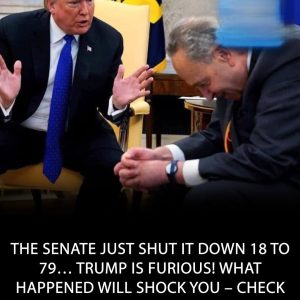Melania Trump, the former First Lady, is at the center of discussions once again, regarding her ‘Einstein visa’. This particular type of visa is known for being awarded to individuals with ‘extraordinary ability’ who have earned lasting national and international recognition.
An investigation by the Washington Post has cast light on the origins of Melania Trump’s U.S. citizenship. It reveals her citizenship was obtained through a prestigious visa, typically granted to those who have shown exceptional skills or achievements.
Usually, this type of visa is seen in the hands of Pulitzer Prize winners, Oscar recipients, or Olympic athletes—folks who have reached the pinnacle of their respective fields.
The public debate around Melania’s eligibility for such a distinct classification surfaced prominently on social media. This comes at a time when her husband, former President Donald Trump, is noted for his strict policies on immigration and deportation.
One social media user highlighted this contrast, pointing out the focus on immigrants facing visa challenges while Melania holds a visa designed for highly celebrated figures. “Melania Trump got a visa reserved for individuals with extraordinary talents, meanwhile, Trump’s policies are making it tougher for student visas,” they commented.
Further contributing to the discourse, Jasmine Crockett, a Texas Democratic representative, questioned Melania’s qualifications during a recent hearing. Crockett’s inquiries focused on why Melania, primarily known as a model, was granted such a high-profile visa traditionally not associated with her field.
Melania’s background as a Slovenian model preceding her U.S. journey, alongside becoming Mrs. Trump, is a narrative filled with opportunities which perhaps made her an appealing candidate for the visa.
Furthermore, after gaining U.S. citizenship in 2006, Melania was able to sponsor her parents, Viktor and Amalija Knavs, bringing them closer to a new chapter in America.
To qualify for an EB-1 visa, the applicant must have either a major award or fulfill three out of ten outlined criteria demonstrating excellence, such as being prominently covered by major media outlets or having their work exhibited.
Nita Upadhye, another expert in immigration law, suggests that influential endorsements can be a game-changer in such applications. Upadhye notes, “Having support from renowned individuals like filmmakers or industry leaders can significantly bolster an applicant’s case.”
She adds, “If a household name vouches for the candidate’s talent and achievements, that can carry substantial weight.” This could have been pivotal for Melania, considering her associations and proximity to influential circles.
The ongoing conversation around Melania Trump and her visa is a reflection of the broader, often personal, stories within the immigration framework. It highlights how behind every headline lies a complex tapestry of legal navigation and personal narrative.





